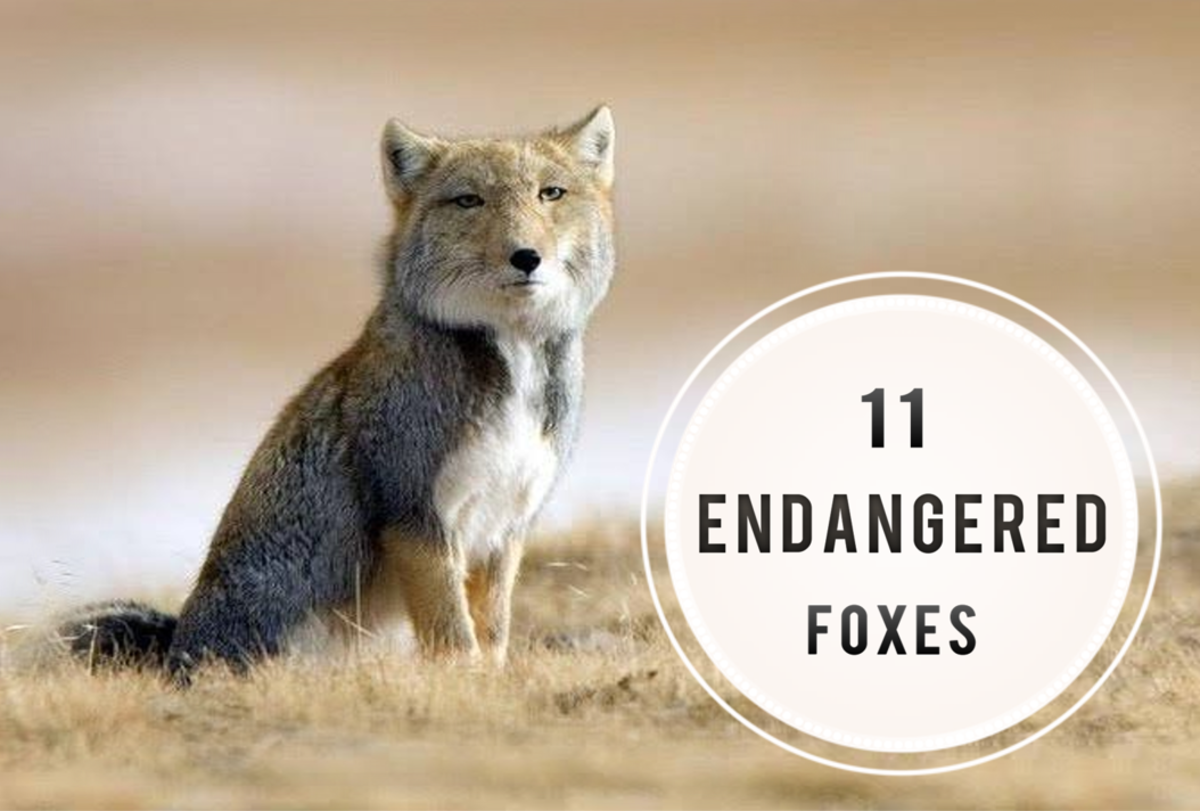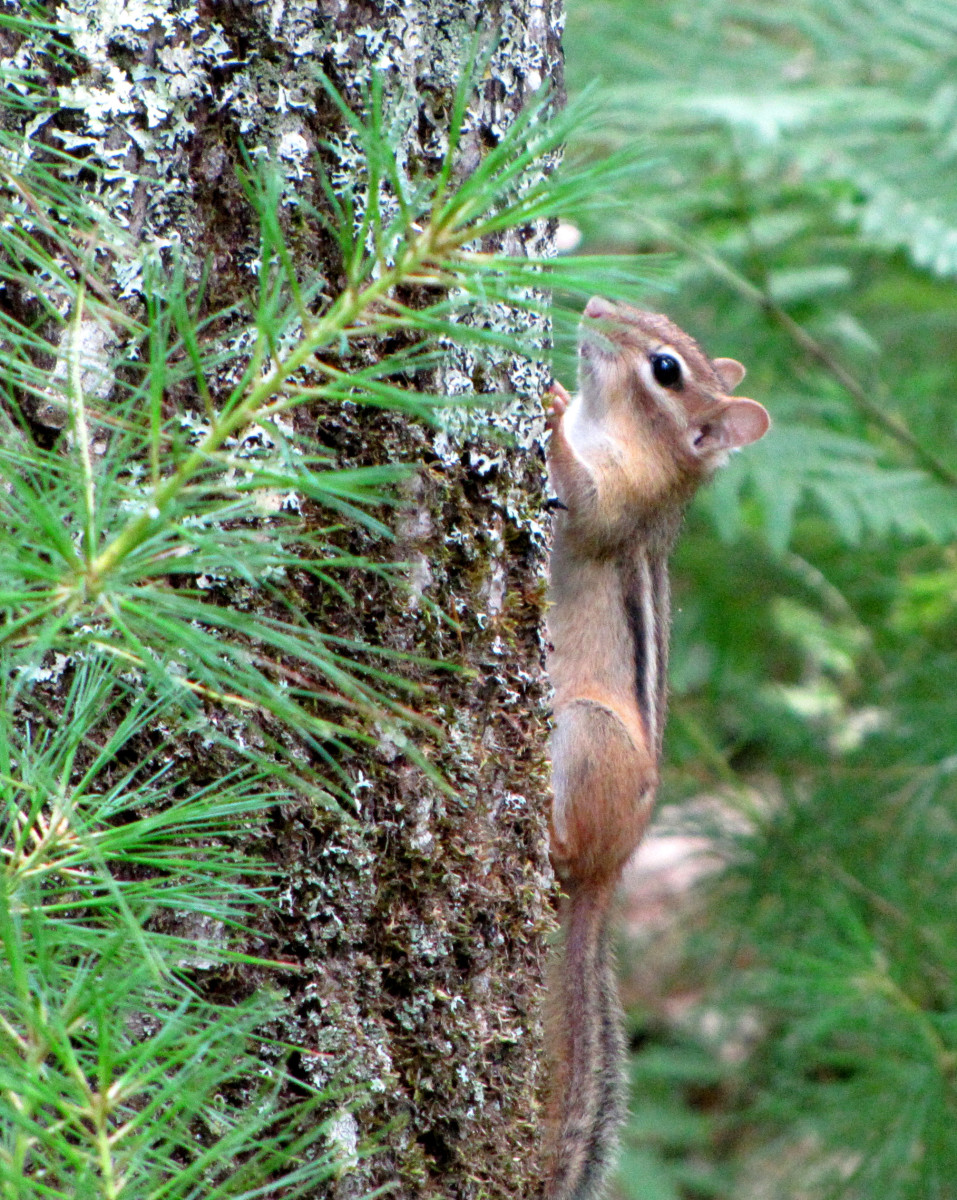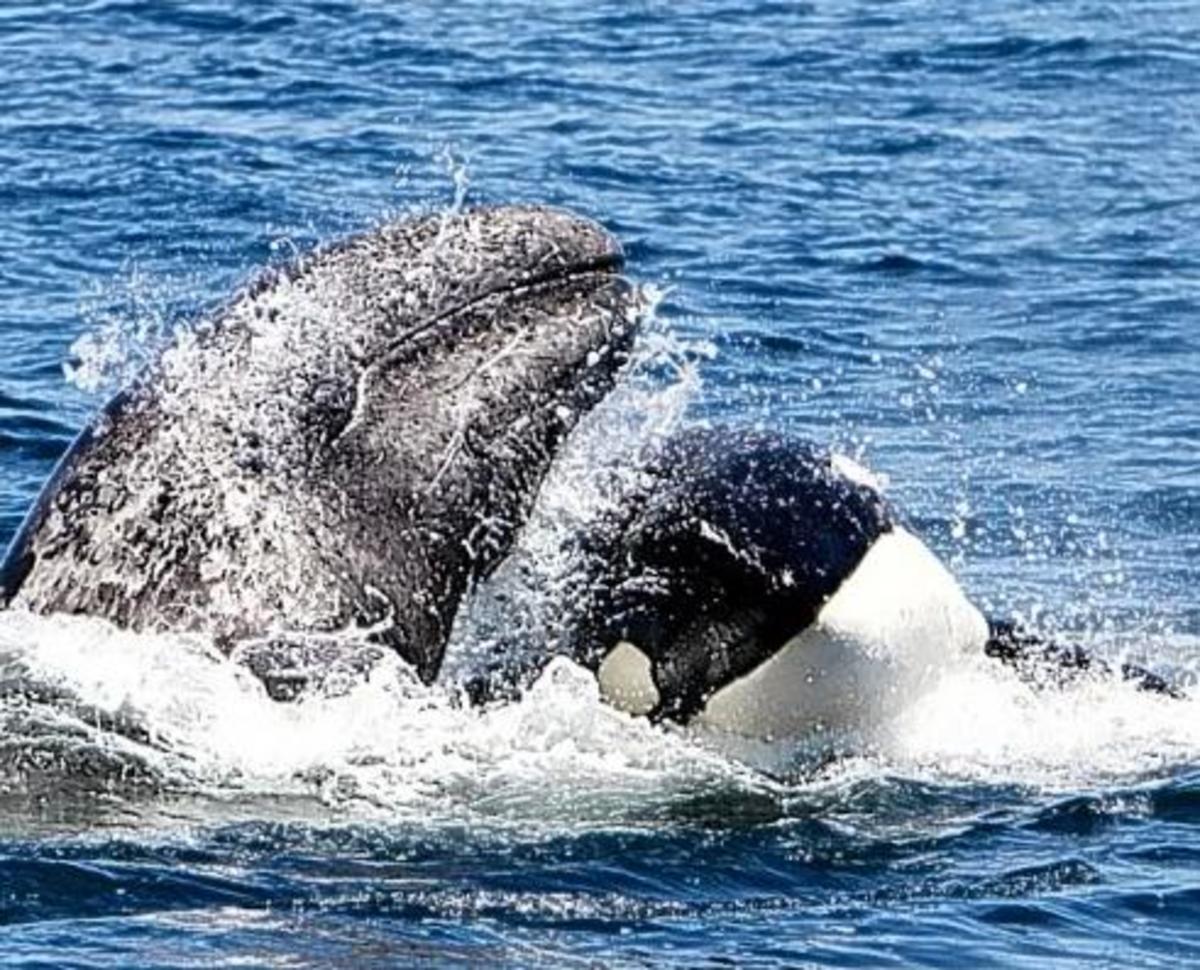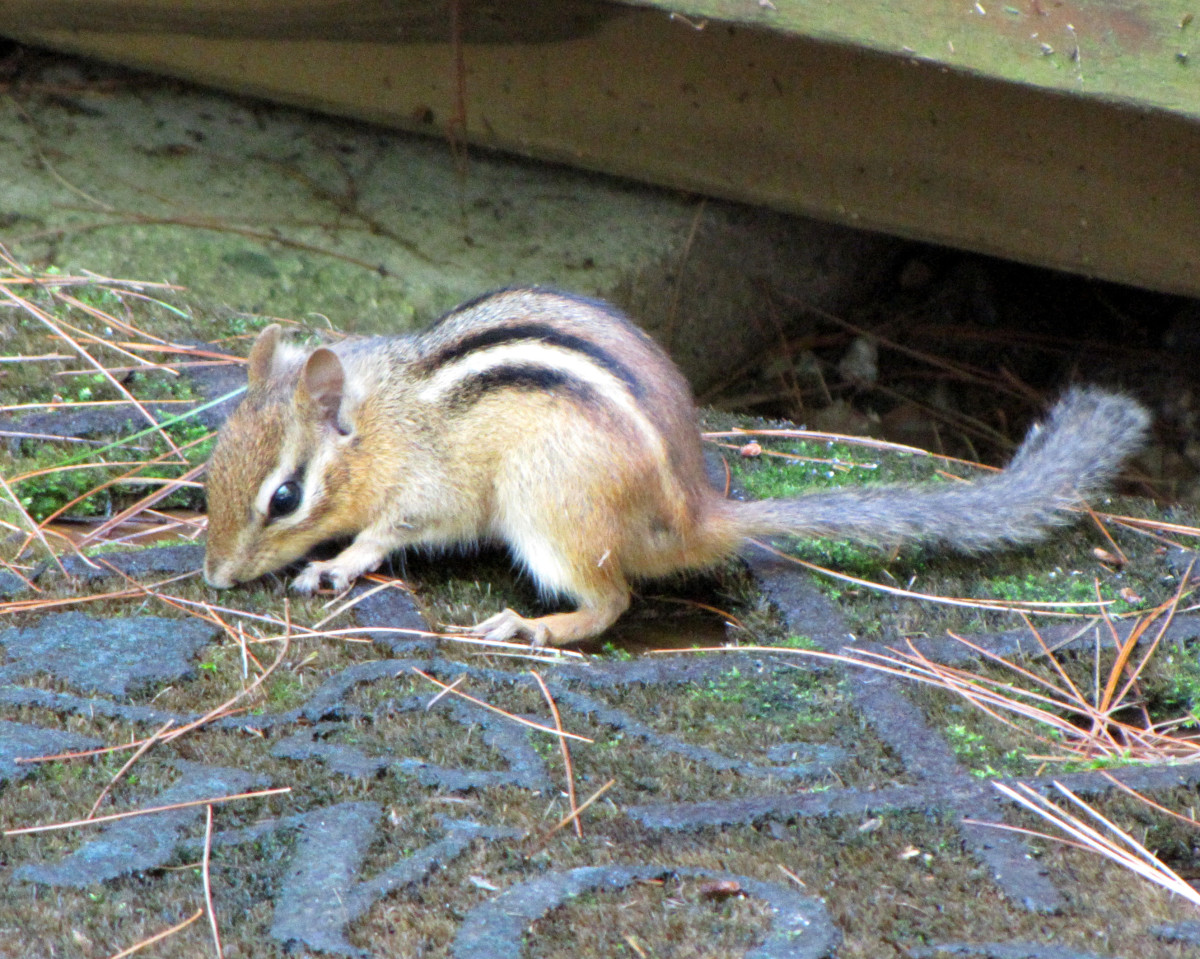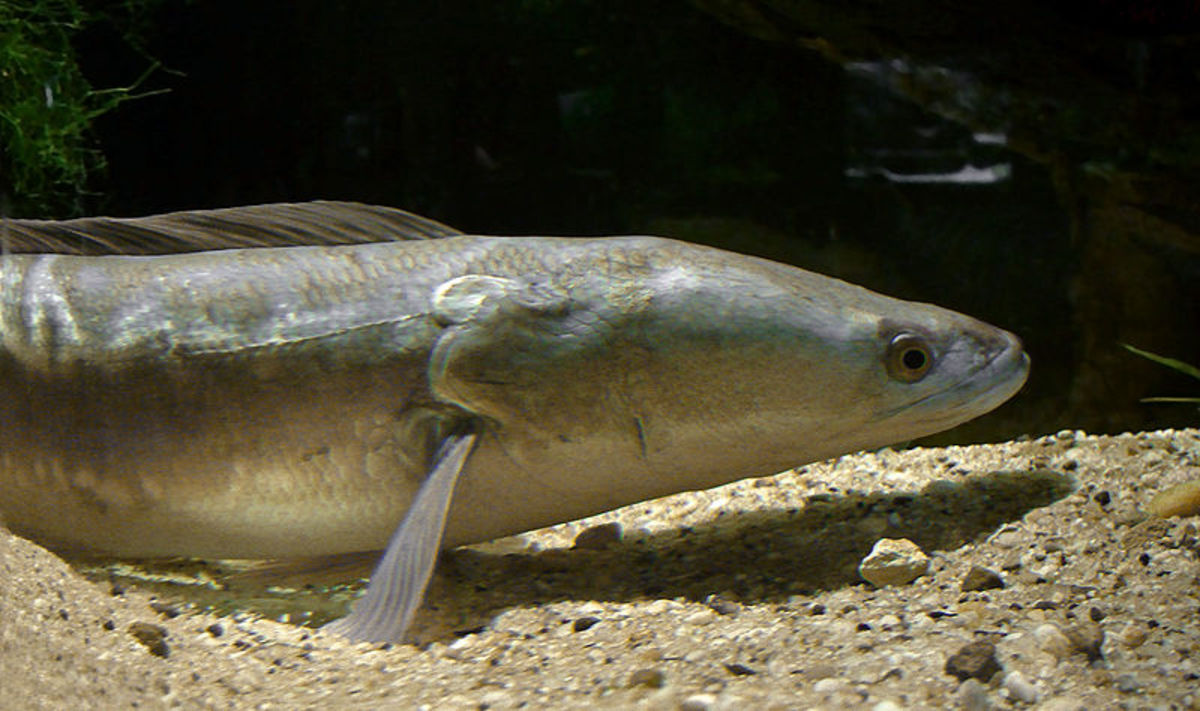So long and thanks for all the nuts...



Where's Alvin?
A seemingly innocuous little story caught my attention this past week. Of course, I'm one of those annoying people who looks beyond the more obvious headlines that scream for my vapid attention while I reach for the Valium, and instead search for the more positive, meaningful stories more worthy of reading. This was one.
It seems there's a cute little bushy-tailed chipmunk known in the Eastern Sierra region of California as the Inyo Chipmunk that has evidently disappeared from that part of the State. So what, you say? After all, (a) how many different types of chipmunks can there be that this one is important, (b) the stories report there were sightings of other similar chipmunks in the White Mountains not far away, and (c) they keep making sequels to Alvin and the Chipmunks, so they're probably all out responding to a casting call!
But not likely.
"As near as we can tell, it's gone from the Sierra," said James Patton, a former UC Berkeley Professor of Zoology, who has been looking for them throughout the region for the past two years.
According to a recent articlein the Sacramento Bee, "While the Inyo chipmunk is the only one that has disappeared from the Sierra, other species of chipmunk are on the move. The alpine chipmunk, for example, was common in Tuolumne Meadows at 8,600 feet above sea level in Yosemite National Park a century ago. Today, it can be found only at higher, cooler elevations. Another species abundant in Yosemite in the early 1900s, the shadow chipmunk, is now exceedingly rare. All of which makes Patton believe chipmunks are the most sensitive barometers of climate change in the Sierra."
There's actually quite a bit of history behind this story. Patton, in studying the chipmunks and other species, followed a carefully annotated methodology pioneered by Joseph Grinnell, a Professor of Zoology in Berkeley who, utilizing what is now known as the Grinnell Method, conducted a series of observations of plants and animals in the Sierras, most specifically in 1910-11. Exactly 100 years ago.
So, unlike many other scientific studies, it provides scientists a pretty reliable base point from which they can measure ecosystem changes. Without getting too technical, because that is not my intent, modern scientists are able to see how certain species have adapted as a result of climate changes over the century elapsed since the Grinnell studies. The disappearance of the Inyo Chipmunk from the Eastern Sierras, they speculate, may be one of those changes.


Thanks for the fish!
Which brought me to thinking about missing dolphins. I know - that's a leap, right (... yes, the pun was intended ... haven't you read my stuff before?) Specifically, the dolphins from Douglas Adams' brilliantly irreverent Hitchhiker's Guide to the Galaxy "trilogy". Okay, stay with me for a moment, while I bring the neophytes up to speed.
It seems that an ordinary Englishman named Arthur Dent is accidentally picked up as a hitchhiker on a passing spaceship, right before the Earth is destroyed to make way for an interstellar bypass. It wasn't as though signs weren't posted on a nearby galaxy, so we were warned. So evidently, right before the Earth was destroyed, certain creatures became aware of this coming catastrophe before humans (who, the book reports, turn out to be the third most intelligent beings - the second being dolphins, and the most intelligent: mice. But that's another story.)
So, not long before this calamitious event, all the dolphins on the Earth took off, with one parting statement to all, which was ... you guessed it ... "so long, and thanks for all the fish!"
The mice? That's another story. Didn't I already tell you that? So stop asking!
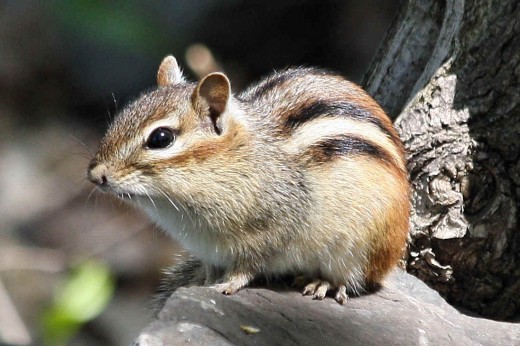
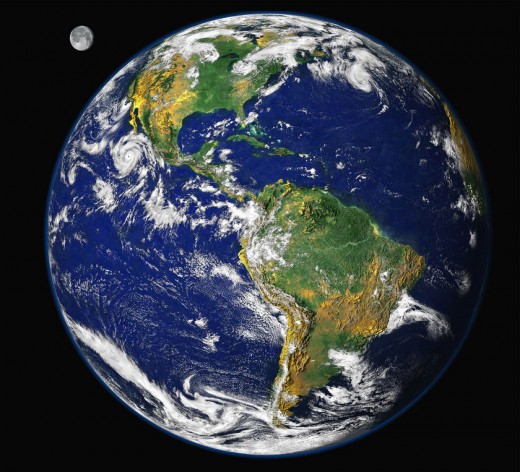
Lotta nuts...
Adams' books are crazy fun, and I highly recommend them for fun and just plain wackiness. It is interesting, from that crazy vantage point, though, to see just how narcissistic and self-important we humans are. Even as I was researching this subject further, for this short little commentary about the disappearance of a species of chipmunk, I stumbled across writings of egotistical lunatics espousing ridiculous opinions about whether climate change is real or whether we're being snookered by some liberal agenda.
Silliness. And yet very scary.
Not unlike the idea of an interstellar bypass needing to be constructed right along a pathway blocked by our little blue planet.
Honestly, the point here is that there's a species that went from abundance in an area to vanishing. That's something we should pay attention to. And study further, using measured, quantitative, rational means. We can draw inferences later. And it probably wouldn't hurt to consult the dolphins.
For now, it appears we have a whole lotta nuts in need of a chipmunk. And a casting agent desperately in need of extras.


